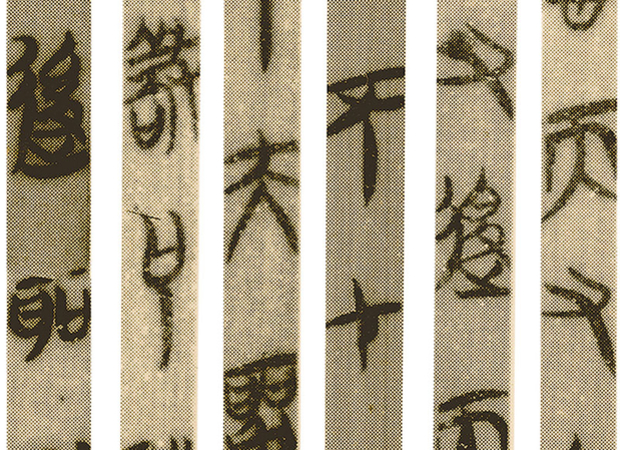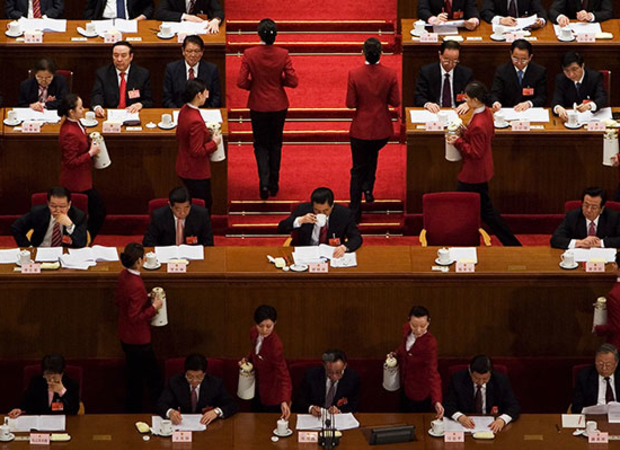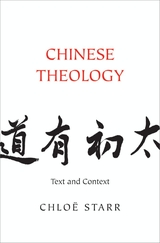
Chinese Theology
In this groundbreaking and authoritative study, Chloë Starr explores key writings of Chinese Christian intellectuals, from philosophical dialogues of the late imperial era to micro-blogs of pastors in the 21st century. Through a series of close textual readings, she sheds new light on such central issues in Chinese theology as Christian identity and the evolving question of how Christians should relate to society and state.
In China, Some Schools Are Playing With More Creativity, Less Cramming
Educators are hopeful that these new teaching methods will produce young people who are curious, self-motivated and independent critical thinkers.

What Is the I Ching?
from New York Review of BooksThe I Ching has served for thousands of years as a philosophical taxonomy of the universe, a guide to an ethical life, a manual for rulers, and an oracle of one’s personal future and the future of the state. It was an...
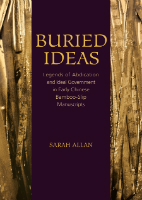
Buried Ideas
The discovery of previously unknown philosophical texts from the Axial Age is revolutionizing our understanding of Chinese intellectual history. Buried Ideas presents and discusses four texts found on brush-written slips of bamboo and their seemingly unprecedented political philosophy. Written in the regional script of Chu during the Warring States period (475–221 BCE), all of the works discuss Yao’s abdication to Shun and are related to but differ significantly from the core texts of the classical period, such as the Mencius and Zhuangzi.
Is ‘China’s Machiavelli’ Now Its Most Important Political Philosopher?
Much like a dragon, “the ruler of men has bristling scales. Only if a speaker can avoid brushing against them can he have any hope of success.”
The China Wave
Chinese management ideas are beginning to get the attention they deserve.
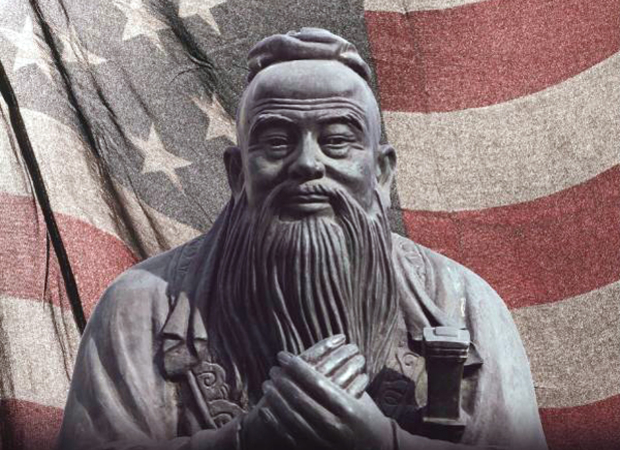
Daoism for the Action-Oriented
from Sinica Podcast{vertical_photo_right}
What Would Confucius Do? What for that matter would Laozi not do? This week on Sinica, Kaiser and Jeremy ask these and other questions of Sam Crane, Professor of Contemporary Chinese Politics at Williams College and...
Why Are Hundreds of Harvard Students Studying Ancient Philosophy?
Professor Michael Puett uses Chinese philosophy as a way to give undergraduates concrete, counter-intuitive, and even revolutionary ideas, which teach them how to live a better life, putting ancient Chinese thought in the context of...
One More Art
from New York Review of Books1.
The discovery of a new major art should have more momentous implications for mankind than the exploration of an unknown continent or the sighting of a new planet.1
Since the dawn of its...
Why Confucius Counts
from New York Review of BooksOne would be hard pressed, surveying any of the political cultures in human history, to find a parallel for the continuity, longevity, and vitality of Confucianism. This moral and ethical system was given initial shape in the fifth and fourth...
The Chinese Dream Machine
Simple-looking questions make good starting points for books; for simple questions are usually very hard to answer, and if the author is skillful enough he elaborates the simple question until it is overlaid with hovering qualifications, doubts,...





